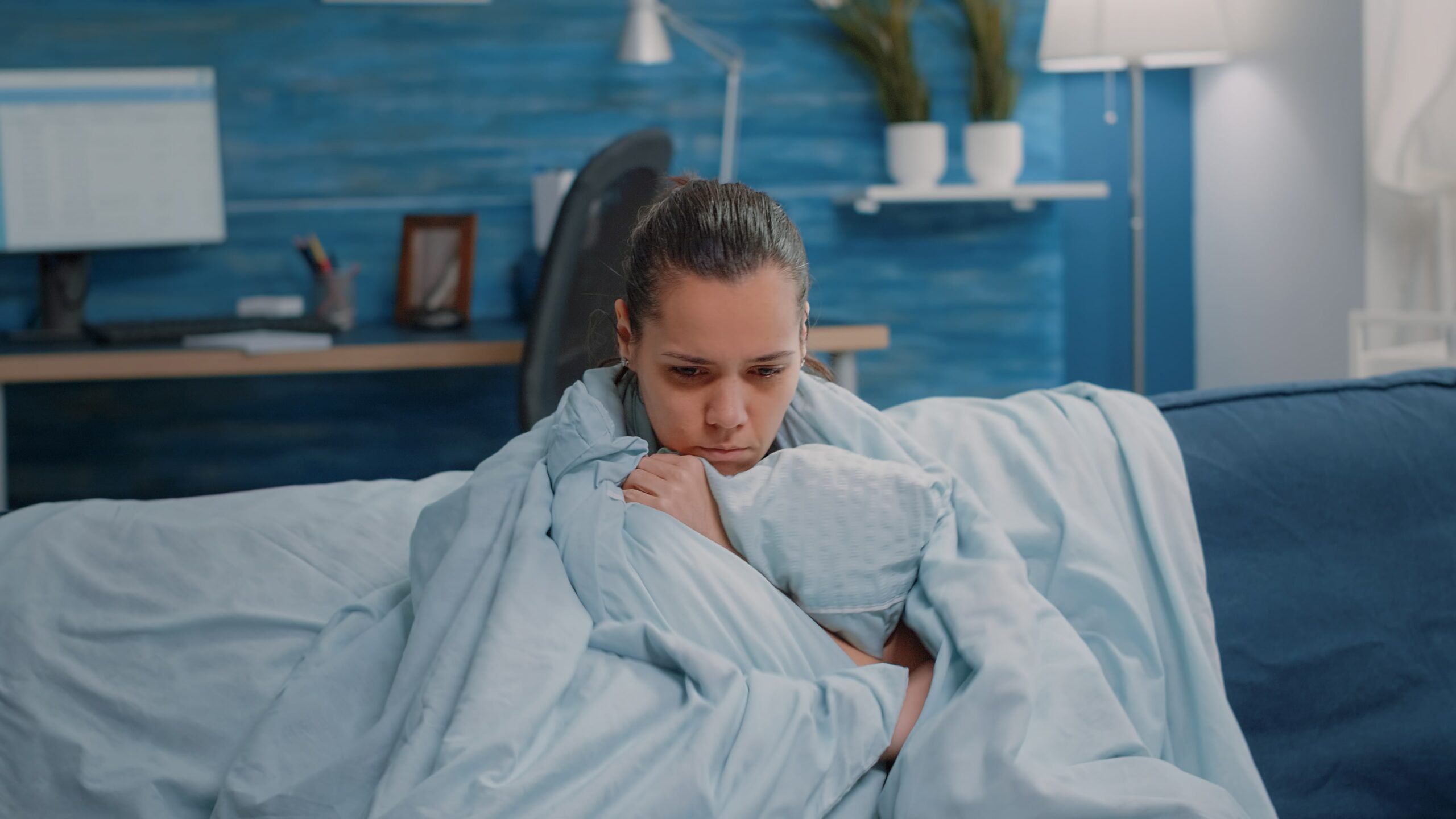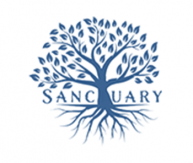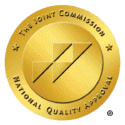
Alcohol Shakes: Am I an Alcoholic?
Alcohol shakes can be a sign that a person’s drinking has reached a perilous point. If you have been experiencing this symptom, but you don’t take the appropriate steps to end your alcohol use, you may be exposing yourself to life-threatening consequences.
What are Alcohol Shakes?
Alcohol shakes are one of the symptoms of alcohol withdrawal that involve twitches and tremors. This shakiness is most common in the arms and hands, though it can also affect other parts of the body as well.
Discussions of alcohol withdrawal typically involve someone who is trying to stop drinking after developing alcohol use disorder (which is the clinical term for alcoholism). Alcohol shakes can definitely be a part of this process, but they aren’t limited to people who are making a concerted effort to end their alcohol use.
The experience that is commonly referred to as a hangover is actually a form of alcohol withdrawal. For people who drink infrequently, common withdrawal symptoms after a night of heavy drinking include headache, nausea, and dehydration. But for someone who has been drinking heavily for an extended period, “the morning after” may also include the alcohol shakes.
In extreme cases, the frequency and severity of alcohol shakes can cause people to start drinking as soon as they wake up, in an attempt to ease their tremors so they can function.
Are the Shakes from Alcohol Withdrawal Dangerous?
Alcohol shakes don’t necessarily pose a grave danger on their own – but they can be a sign that a person’s alcohol use has progressed to a dangerous point:
- If someone has been experiencing alcohol shakes on a regular basis, there is a good chance that their chronic alcohol abuse has also caused other (possibly less obvious) harm. For example, while it is fairly well known that alcohol abuse can lead to liver disease, it is not as widely understood that a person may not exhibit symptoms of this damage until it has reached an irreversible stage.
- If a person develops alcohol shakes while trying to quit drinking on their own, the distress caused by their tremors and other withdrawal symptoms can become overwhelming, and push them back into active alcohol abuse.
- If a person experiences excessive shakiness while going through withdrawal, this can be a symptom of delirium tremens (which is commonly referred to as the DTs). The DTs are a set of particularly dangerous withdrawal symptoms that, if not treated, can be fatal. This underscores the importance of professional detoxification for people who have severe alcoholism.
Does it Mean I’m an Alcoholic if I Get the Shakes?
Alcohol shakes are not specifically mentioned in the criteria for alcohol use disorder as established in the fifth edition of the Diagnostic and Statistical Manual of Mental Disorders (DSM-5). However, the presence of alcohol withdrawal symptoms is one of the criteria in the DSM-5.
Alcohol shakes strongly suggest that a person has become addicted to alcohol. Anyone who develops this symptom may be in crisis, and they should consult with a healthcare provider. An addiction treatment expert or another qualified professional can assess the full scope of their symptoms, provide an accurate diagnosis, and recommend appropriate treatment options.
How to Stop Alcohol Shakes?
The best ways to stop alcohol shakes are to either quit drinking or dramatically reduce the amount and frequency of your alcohol use.
If you have become addicted to alcohol, quitting drinking can be quite difficult – but it is by no means impossible. When you get the right type of treatment, you can end your alcohol use and develop the skills that will help you achieve successful, long-term recovery.
For many people who have developed alcohol use disorder, the path to recovery begins with detoxification, or detox:
- Detox is a short-term program where you can receive both medical and therapeutic support to protect your health and minimize your discomfort while you go through withdrawal.
- Detox for alcohol withdrawal typically lasts about five days, though the exact duration of the process can vary depending on a variety of individual factors.
- Once you have completed detox, you can transition directly into the next phase of your treatment. This can minimize your risk of immediate relapse and help you establish a strong foothold in early recovery.
After you have completed detox – or if you don’t need this service – your best next step may be inpatient rehab or an outpatient program.
- While you are in an inpatient rehab program, you will live at the treatment facility. This gives you access to round-the-clock supervision and support while providing temporary respite from the stresses and distractions of daily life. A typical day in inpatient rehab includes several therapies and support services, along with nutritious meals and time for relaxation and reflection.
- At the outpatient level, you will only need to be at the facility while you are receiving treatment. When there are no sessions scheduled, you can return to your home or to a supportive residence. Depending on your needs and the structure of the program, you may even be able to work part-time, take classes, or volunteer in the community while you are in treatment.
Some people complete detox, transfer into inpatient rehab, then step down to an outpatient program for additional support before they transition out of care. Others only spend time in one or two of these programs. There is no “right way” to get help for alcoholism and overcome the alcohol shakes. All that matters is finding the path that’s right for you.
Contact Our Medical Alcohol Detox to Safely Withdraw Today
If alcohol shakes or other withdrawal symptoms have been preventing you from safely quitting drinking, Sanctuary Treatment Center is here for you.
Our full continuum of care includes medical detox, which can help you to rid your body of alcohol safely and with minimal discomfort. Our alcohol addiction treatment center in Los Angeles, California, also offers inpatient rehab and outpatient treatment options, so that you can learn how to live a healthier life, free from the constraints of compulsive alcohol abuse.
To learn more or to schedule a free assessment, visit our Contact Us page or call us today.


